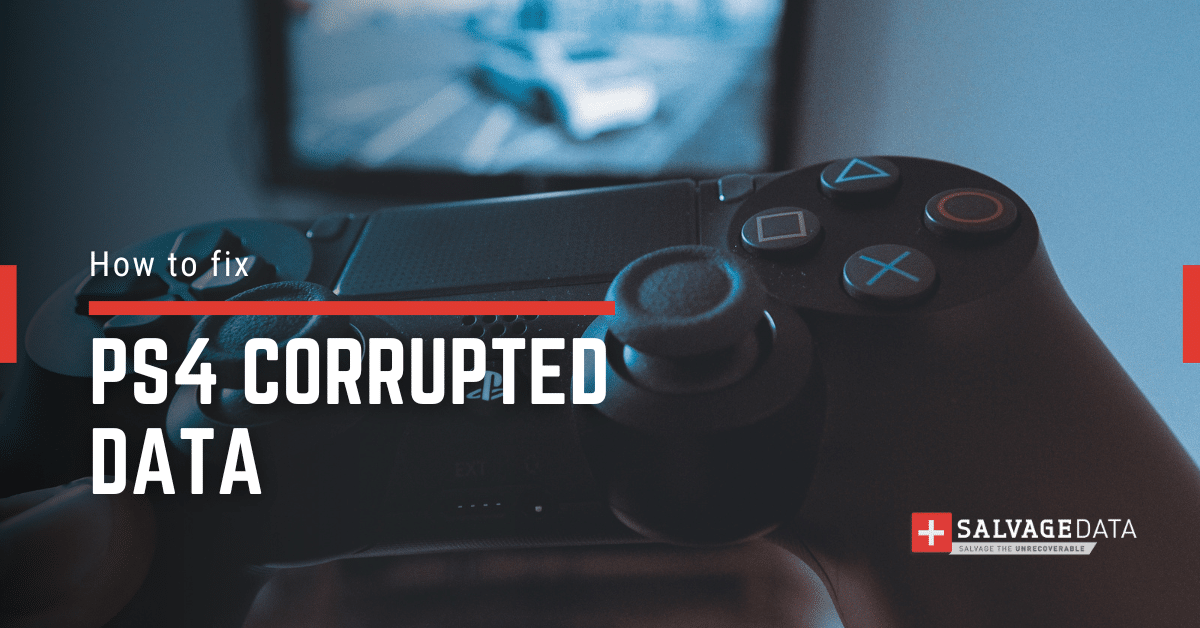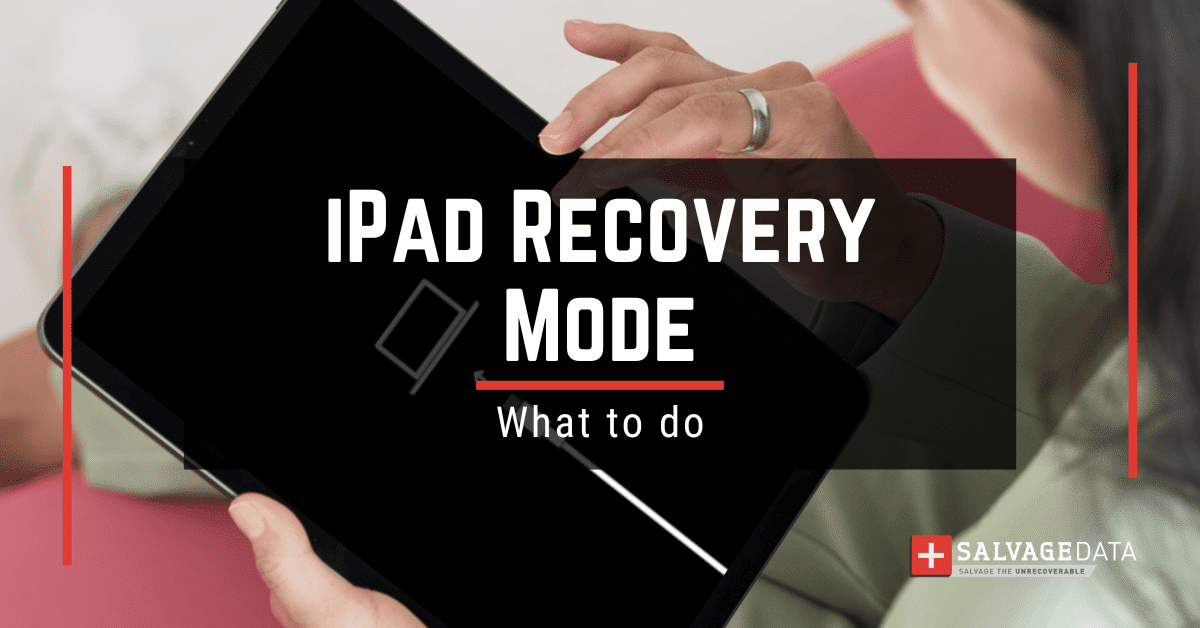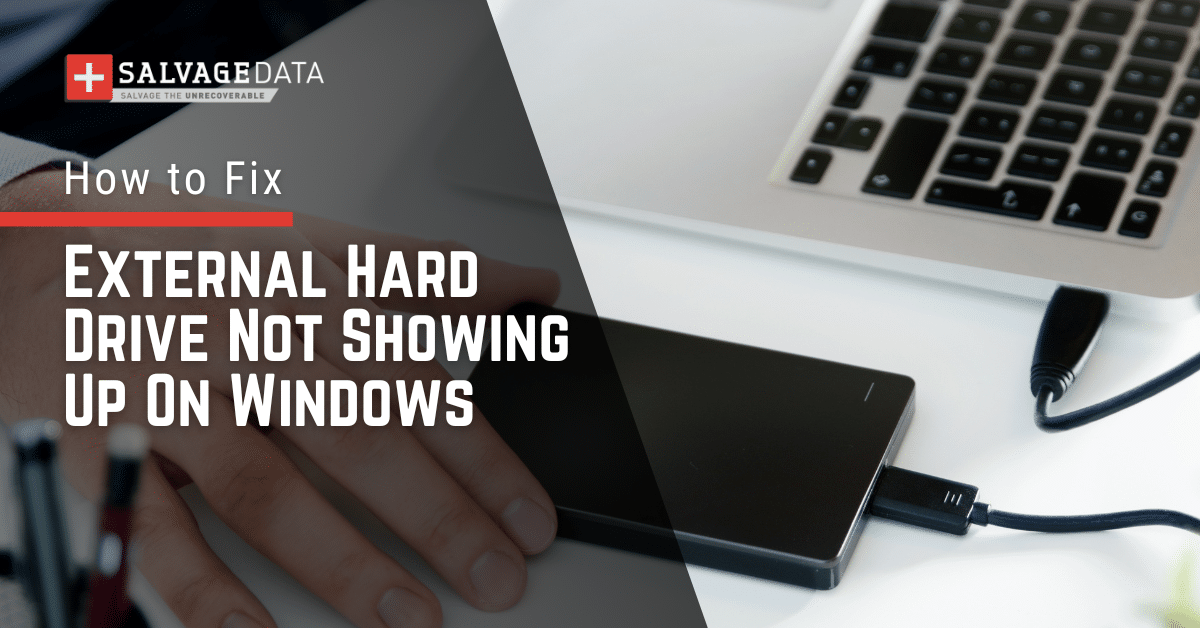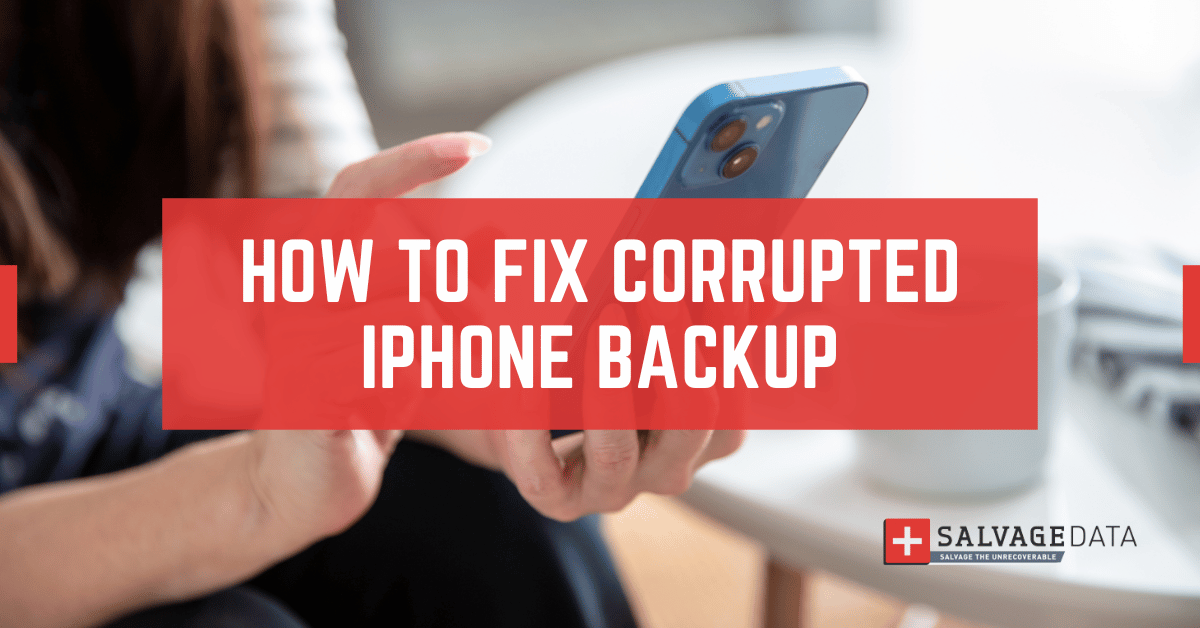Recent Articles
Quickest Mobile Data Recovery Case: 100% of Data Recovered in One Hour
How to fix a corrupted database on PS4
How to Troubleshoot Black or Blank Screens in Windows
LockBit Ransomware: A Comprehensive Guide to the Most Prolific Cyber Threat
How To Use iPad Recovery Mode
How to Prevent Overwriting Files: Best Practices
External Hard Drive Not Showing Up On Windows – Solved
How to Fix a Corrupted iPhone Backup
Backup and Remote Wiping Procedures
Common VMware Issues and Troubleshooting Solutions

I think there's an issue with my storage device, but I'm not sure Start a free evaluation →
I need help getting my data back right now Call now (800) 972-3282
What is Alpha Ransomware?
Alpha Ransomware is a type of malware that encrypts your files and demands a ransom payment to decrypt them. It is one of the most common types of ransomware and can be very difficult to remove.
How does Alpha Ransomware work?
Alpha works by encrypting your files with a strong encryption algorithm. Once your files are encrypted, you will not be able to access them without the decryption key. The only way to get the decryption key is to pay the ransom demanded by the attackers.
Someone often spread it through phishing emails or by visiting malicious websites. It can also be spread through infected USB drives or by downloading infected files from the internet.
What algorithm does Alpha Ransomware use?
Alpha Ransomware uses the AES-256 encryption algorithm, which is one of the strongest encryption algorithms available.
History:
Alpha Ransomware was first discovered in December 2016. We believe a Russian cybercrime group known as Petya/Mischa has created it.
Alpha Ransomware has been used in many high-profile attacks, such as the WannaCry outbreak in May 2017.
It is often used in targeted attacks against businesses. In June 2017, Alpha Ransomware was used in an attack against a Ukrainian energy company.
In 2018, they used Alpha Ransomware in an attack against the city of Atlanta, Georgia. The attackers demanded a ransom of $51,000 in Bitcoin.
Protection
There are a few things you can do to protect yourself from Alpha Ransomware:
– Keep your operating system and software up to date: This will help close security vulnerabilities that attackers can exploit.
– Use strong passwords: Using strong and unique passwords for all your accounts can make it much more difficult for attackers to gain access to your devices and accounts.
– Use a reputable security solution: A good security solution can help to block Alpha Ransomware and other types of malware from infecting your system.
– Back up your data regularly: This will allow you to recover your files if Alpha Ransomware or any other type of malware encrypted them.
Prevention is the best medicine.
What should I do if I am infected with Alpha Ransomware?
If it infected you with Alpha Ransomware, you should take the following steps:
– Do not pay the ransom: There is no guarantee that you will get the decryption key even if you do pay.
– Restore your files from a backup: This is the best way to recover your files.
– Use a decryptor tool: If you don’t have a backup, you may be able to use a decryptor tool to decrypt your files.
A public decryption tool for Alpha Ransomware:
Alpha Ransomware Decryptor. However, this tool may not work against all variants of Alpha Ransomware. But, it’s still worth a try.
Use a data recovery service: If you don’t have a backup and can’t decrypt your files, you may be able to use a data recovery service. These services often have experience with Alpha Ransomware and may be able to help you recover your files.
Contact a data recovery service:
SALVAGEDATA is one of the leading data recovery companies in the industry. We have successfully recovered data from Alpha Ransomware and other types of malware.
We offer a free consultation to assess the severity of your data loss and provide you with a no-obligation quote. Contact us today to see how we can help you recover your data.
You can contact SalvageData experts in different ways:
Click here and get help right now.
Call +1 (800) 972-3282
Or you can also go to the nearest data recovery center and request help there.













